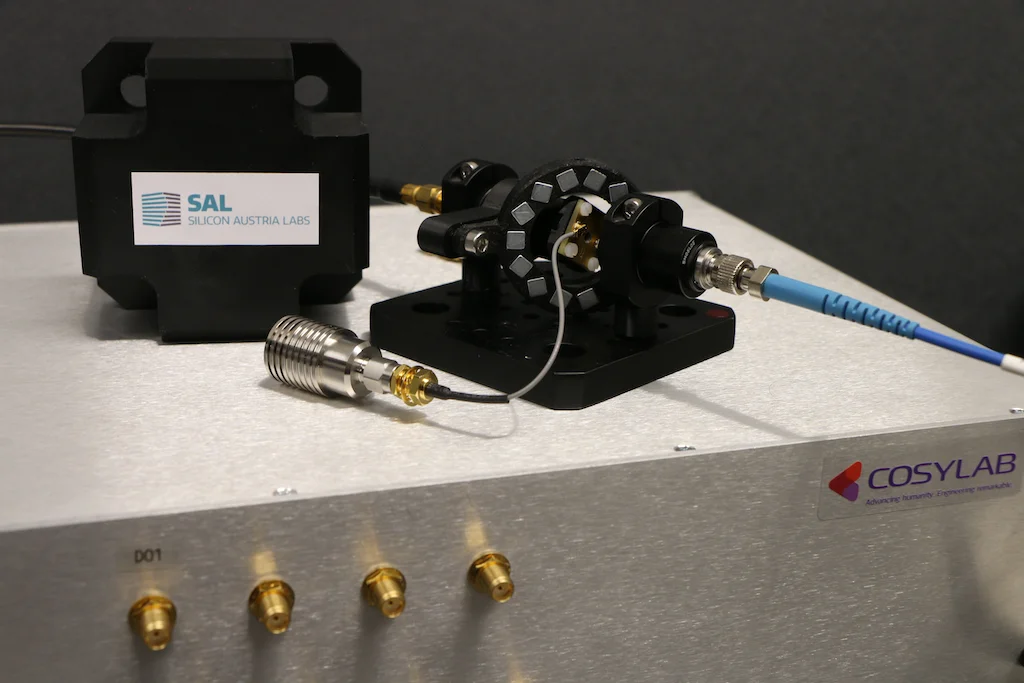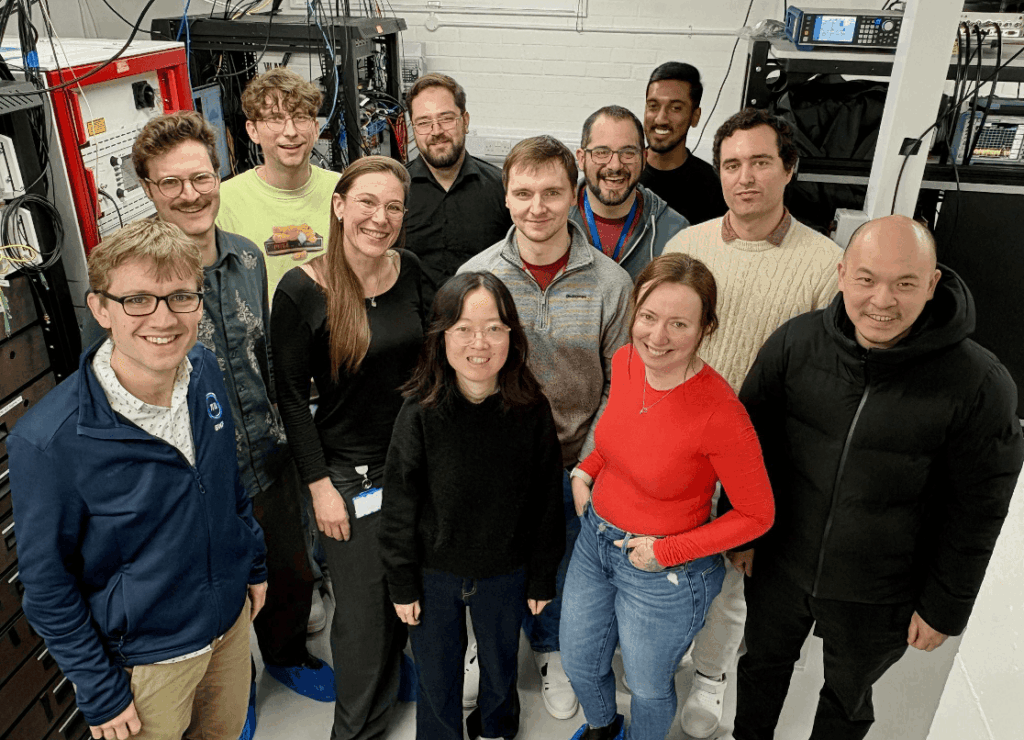Based in London, UK, and with additional locations in Toronto (Canada), Krakow (Poland), and Seattle (US), Orca Computing is a company that specializes in creating and offering comprehensive photonic quantum computing solutions tailored for significant scientific and economic applications. Founded in 2019 as a spin-off from the University of Oxford, ORCA Computing utilizes more than three decades of scientific exploration and technological advancements led by Co-founder Professor Ian Walmsley.
This month, ORCA Computing published a video on its YouTube channel where it presents its PT Series, designed to be rack-mounted and operational at room temperature, harnesses the potential of readily available, telecoms-standard optical fibre elements. This enables immediate utilization of quantum computing capabilities. The PT Series seamlessly integrates with existing classical computing setups and processes, making it an excellent fit. Additionally, the open-source PT Series SDK, built on Python and compatible with PyTorch, eliminates the need for specialized quantum expertise, particularly in the realm of photonic quantum machine learning.
In the short video, CEO and Co-founder Richard Murray, Head of ML William Clements and Chairman and Co-founder Ian Walmsley talk about the PT Series.
Here’s what they had to say about it:

“The whole quantum industry is grappling with the question, when will the industry become useful and deliver value? Orca believes it sooner than you think.
Through our PT series, ORCA is building a special-purpose photonic quantum metre for machine learning. By working at the cutting edge of quantum, we’re close to finding real-world machine learning use cases.
Our PT series device is not a universal quantum computer. It doesn’t use qubits or perform gates, nor do you need any expert knowledge of quantum physics. It looks and operates differently from any other quantum computer in the industry. The PT series is designed to integrate seamlessly with existing machine learning workloads and data centre environments. It can be programmed in PyTorch, so you don’t need to learn any new specialist quantum languages.”
— Richard Murray
“The PT series provides users with a new library of PyTorch tools and functions to speed up machine learning models, especially across generative modelling and optimization. As our photonic systems can easily be combined with neural networks, this allows them to be used in hybrid quantum machine learning algorithms that leverage classical computing and diverse applications such as quantum chemistry.”
— William Clements
“Photonic systems working as Boson samplers have already demonstrated quantum advantage, meaning that they can outperform classical computers. What’s exciting to watch is the theoretical activity that shows us how to apply these systems to different classes of problems. And I’m confident that we’re on the cusp of a breakthrough to apply them to real-world situations.”
— Ian Walmsley
Featured image: ORCA Computing
If you found this article to be informative, you can explore more current quantum news here, exclusives, interviews, and podcasts.
















